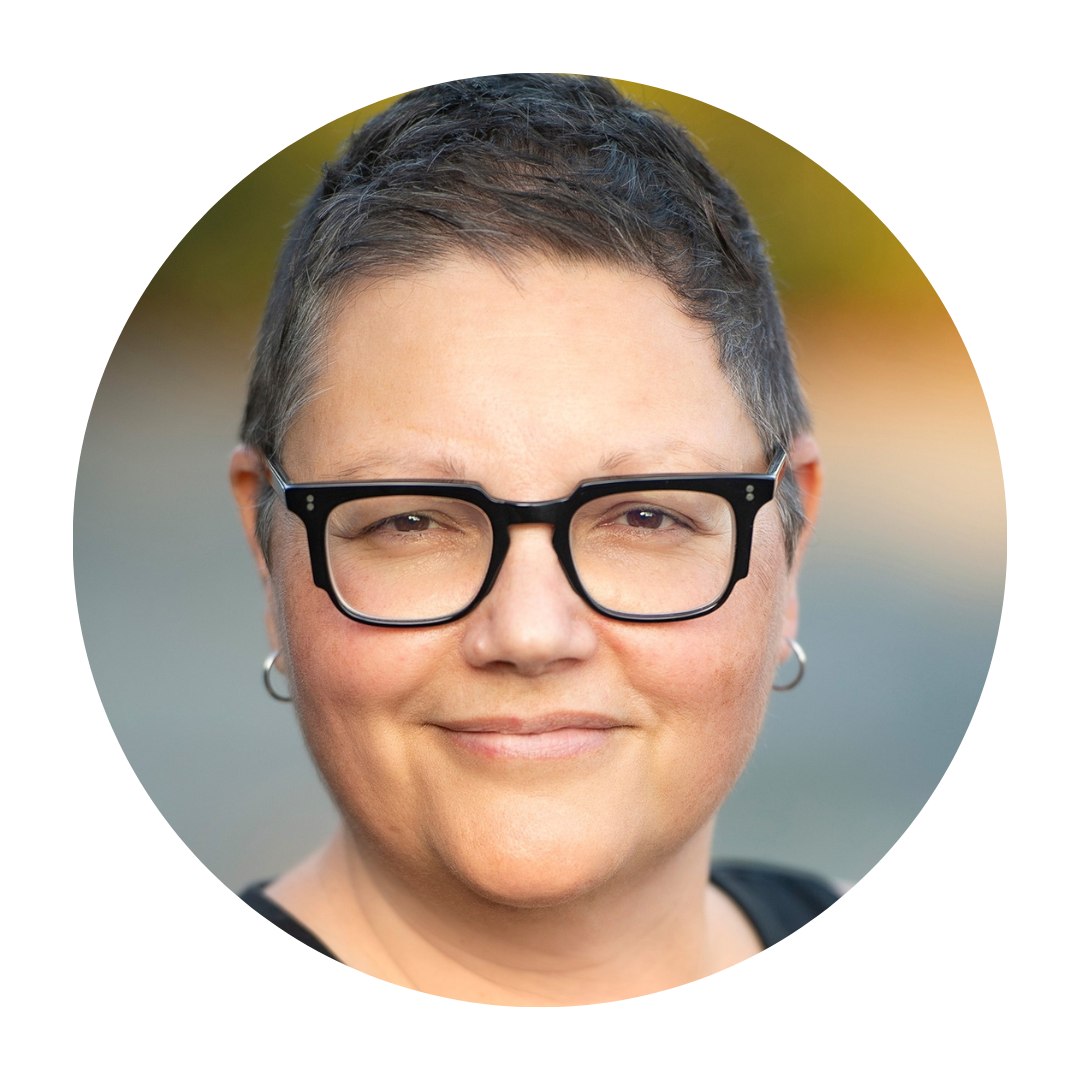
a nuanced perspective on the impact of colonization
Suzanne Methot is a highly accomplished author with an impressive track record in creating and applying equity and anti-oppression frameworks. Her non-fiction book, Legacy: Trauma, Story, and Indigenous Healing, has won several awards, and she has also co-authored the Grade 11 textbook Aboriginal Beliefs, Values, and Aspirations, and contributed to Scholastic’s Take Action series of elementary classroom resource books. Suzanne's upcoming YA book, Killing the Wittigo: Indigenous Culture-Based Approaches to Waking Up, Taking Action, and Doing the Work of Healing, is set to be published in June 2023.
In her interview on Nicolette’s Fourth PhD podcast episode, Suzanne offers insights that go beyond the conventional risk factors cited by the government and scientists for disproportionate rates of diabetes and chronic disease in BIPOC communities. She provides a nuanced perspective on the impact of colonization, control, complex PTSD, voicelessness, intergenerational trauma, brain fog, monoculture, the credentials barrier, and multinational corporations' control over food security and inputs for growing. Suzanne debunks commonly held beliefs about poverty and the "thrifty gene" and explores the opportunities for creating a better future through re-learning, knowledge-sharing, consulting with those who hold cultural and ceremonial knowledge, and taking care of marginalized people. She emphasizes the importance of sharing stories and seeing to address the challenges faced by Indigenous communities.
“We’ve been disenfranchised, that’s the agency, and pushed off lands and out of communities. Communities and families as much as we’ve saved, have also been fractured and taken away from that knowledge and that ability to have control over what we put into our bodies”
Suzanne's extensive experience in advocacy and direct-service positions at Indigenous-led organizations, including the Native Women’s Resource Centre of Toronto, the Anishinabek Nation (Health and Environment Program), the YWCA Elm Centre, and West Neighbourhood House, underscores her commitment to serving community members healing from intergenerational trauma and reclaiming culture while facing racism, poverty, homelessness, health issues, addictions, mental-health challenges, crime, and victimization.

